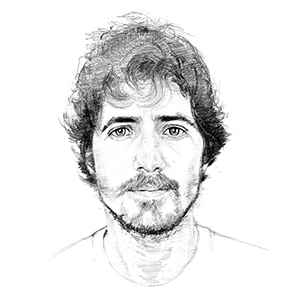
Knowledge work in the AI era
Software developers write computer programs borrowing from past projects and experience, reading guides and books, browsing open code projects and code samples, and, more often than you'd imagine, Googling questions; others have likely worked out your issues.1
You have to learn how to talk in multiple programming languages to create applications for different systems, and, believe me, it takes time.
I remember staying up late immersed in digital books and interactive applications to learn how to code more than fifteen years ago.2 Knowledge and skill build over time, and concepts take time to click.
This is rapidly changing.
You can ask ChatGPT (OpenAI's artificial intelligence chat-based assistant) and other language models to write working code for you in virtually any programming language. For instance, you can prompt it to Calculate the volume of a pyramid in Python3 or Create a website form. But you can also ask them to reason about finance or List the steps to make pancakes. It seems to know it all.
These programs are great educational and learning tools that help developers carry out their work, and I'm using them to code daily.
The machine learns from the same sources I mentioned before—books, guides, the web—but the user experience of retrieving knowledge and coming up with solutions is radically different.
The system can mix and match different sources and adjust code solutions to your immediate needs as if it were an engineer messaging you at the other end of the line—reasoning and programming after having read the entire internet and public archive. But there's no human. Just a digital assistant that can talk to thousands of people at the same time and knows about much, much more than software engineering.
At this point, it's a matter of time before new workflows that use artificial intelligence are adopted in most fields of knowledge work.
As Cal Newport states in Deep Work4, those who can work well and creatively with intelligent machines will have a particular advantage in this new economy.
"Artificial intelligence is meant to amplify human creativity, not replace it." Says Lyor Cohen, YouTube & Google's Head of Music.
Maybe these AIs can help us work smarter and, in turn, "let us disconnect and reclaim time to be humans."5
Will you join the revolution?
A well-known Q&A site where people ask coding questions and get insightful answers is StackOverflow. ↩
I would spend nights learning object-oriented programming in Java with BlueJ in 2008, if I don't remember wrong. I first learned HTML, JavaScript, and PHP to create basic websites, and through Java and Objective-C, how to create apps for the iPhone and iPad. ↩
I just tested this, and ChatGPT first tells me that you can use the following formula—
Volume = (1/3) * Base Area * Height—and it then returns the Python code to do just that. ↩Deep Work: Rules for Focused Success in a Distracted World. Cal Newport. Grand Central Publishing, Kindle version. ↩
Work or walk. Nono Martínez Alonso. July 21, 2020. ↩

